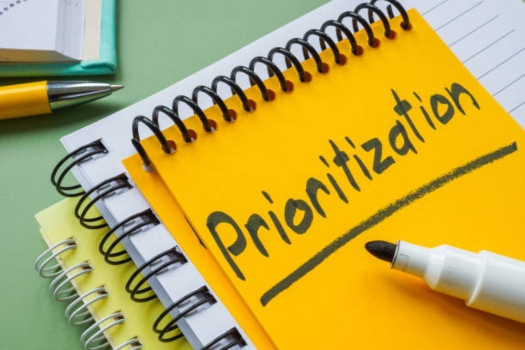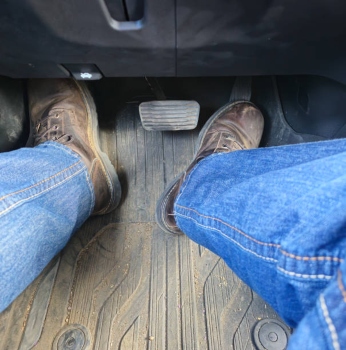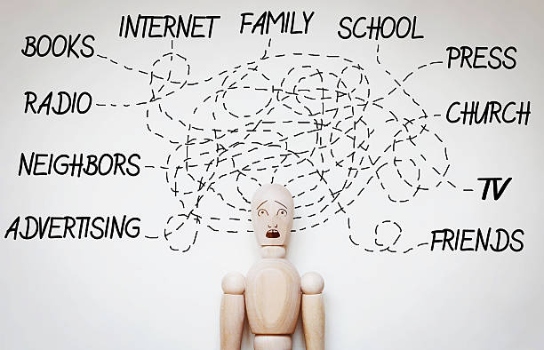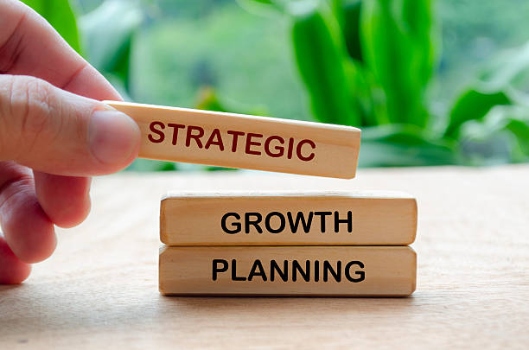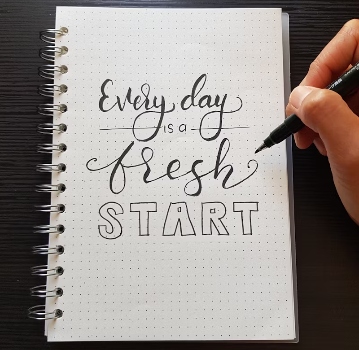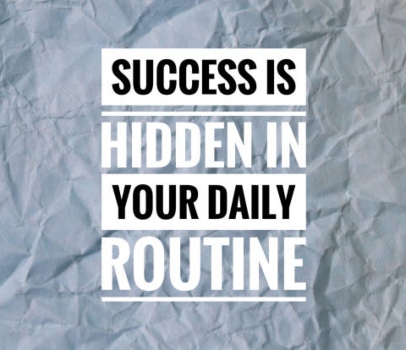You Can Only Lay One Brick at a Time
Nothing gets done without taking action. But when there are so many big, scary things ahead of us, it can be hard to get started. Overwhelm can slam the brakes on progress. We get stuck in neutral, and nothing moves forward.
Nothing will get done if you don’t do something.
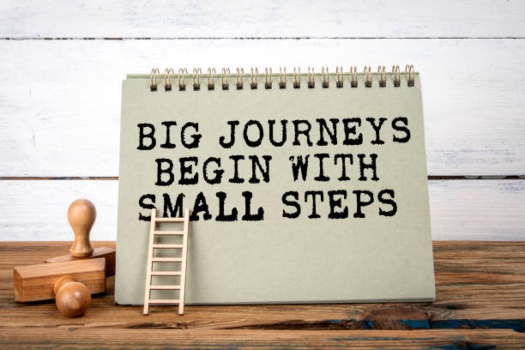
Over the past several weeks, we talked about routines, planning, and the tool for breaking big things down. Now, let’s go through the process I use to get things done.
In business, we wear a lot of hats: company organization, marketing, sales, production, operations, administration, and finance. All of these hats include their own to-do lists. No wonder we get overwhelmed and put things off.
In a previous post, I shared how to break big things down. I explained how things start with a dream. Then they need to be taken to the next step of vision. This brings us to setting goals.
Goals are never accomplished without ACTION.

This is where we are going to focus today. And to show you how this works, I’m going to use a real example of a current remodeling project I’m working on.
This project is finishing 1,200 square feet of attic space. The customer wants it completed this year due to the house turning 100 years old this year. She plans to have a celebration of this 100th year in early December. This means the project needs to be finished by early November to be finished before the holidays. That leaves a little less than six months to have the project done.
Sounds like plenty of time, right? But we all know how fast time goes by. It’s easy to think we have plenty of time, but creating a sense of urgency now will prevent disappointment later. This is why it’s important to work backwards from the deadline, breaking it down into smaller, bite-sized pieces.
Using our Proposal System worksheet, I can see that the project will take about 14 – 15 weeks once the construction is started. That means we need to have construction started by July 1st.
Okay, that’s 6 weeks away. But wait … we still have some design issues to finalize. What kinds of doors, light fixtures, accent walls, cabinets, etc.?
So, what’s the first next thing?

The customer is concerned about price increases on the light fixtures, switch plates, and receptacle covers and wants to get them ordered as soon as possible. This makes this more important than the other questions.
Getting electrical fixtures and covers ordered is the focus.
This means we need to determine: what style of fixtures she wants and in what rooms? Are the sizes going to work? Will they work with the wiring and switching that’s there? How many different cover configurations are needed? I want to have these things done this week.
She picked the fixtures. Next step, sharing these choices with the electrician.
I did a walkthrough and list review with him, and he confirmed the customer’s choices will work. Now onto determining cover configuration and quantity.
Since the week is almost over, I need to get the electrical covers counted today. It’s now added to today’s action list, ranked in order of importance, but there are a couple of other things on today’s list that are higher priority tasks—like getting this weekly solution written. That makes this the first next thing.
It’s easy to feel stuck and overwhelmed when you don’t know what to do next.

Constructing a new building is a big project, so is running a business, or living life. Too many times, this is where we get hung up. The size of the task can paralyze us. There’s so much to do, we don’t know what to do next and then nothing gets done.
When that happens, break the big things down into smaller pieces and do the first next thing.
(Weekly solution: written ✔️ ) On to the first next thing … counting the electrical covers.
Need help breaking your own big things down into manageable steps? You can schedule a free 30-minute consultation. Let’s figure out your first next thing, together.









